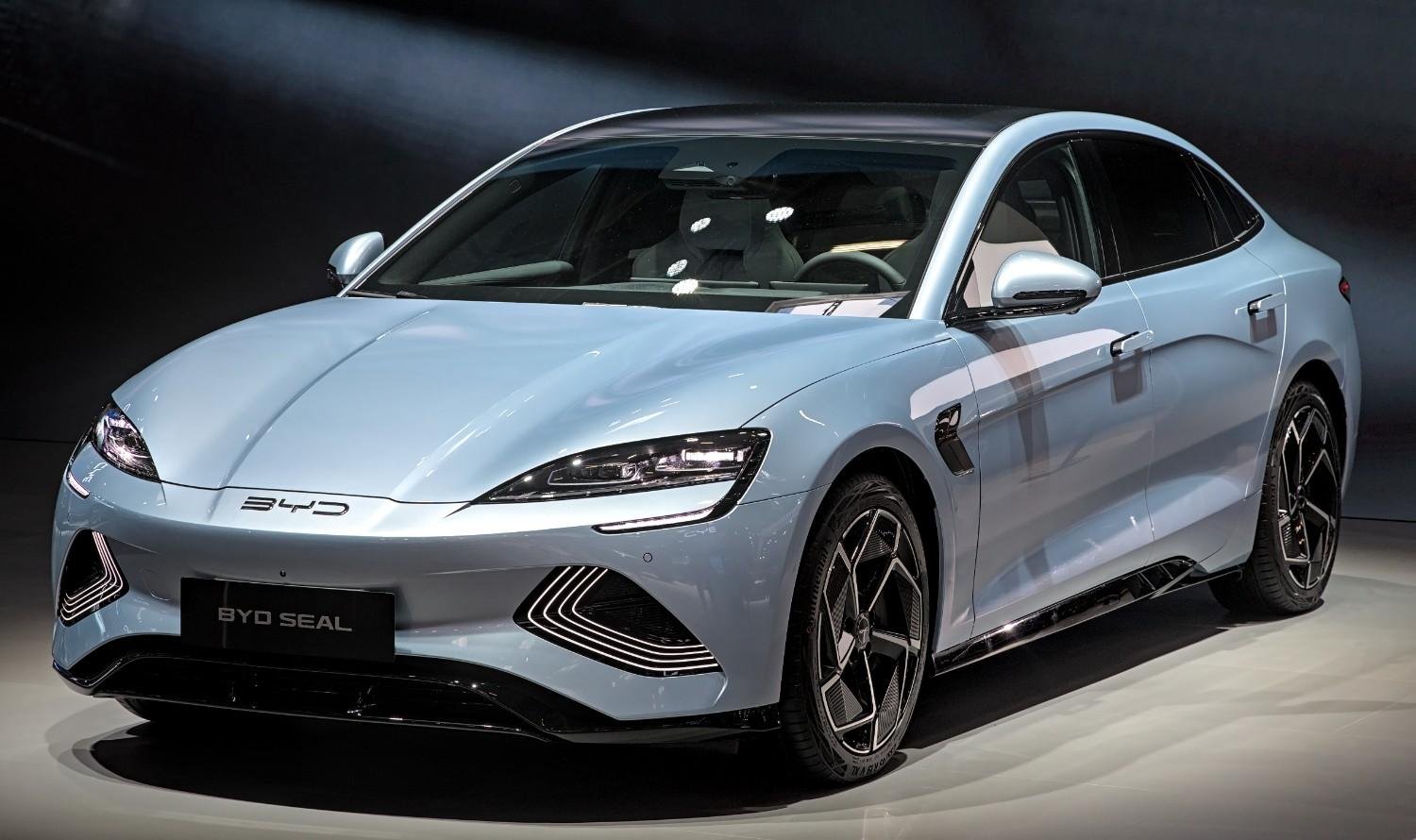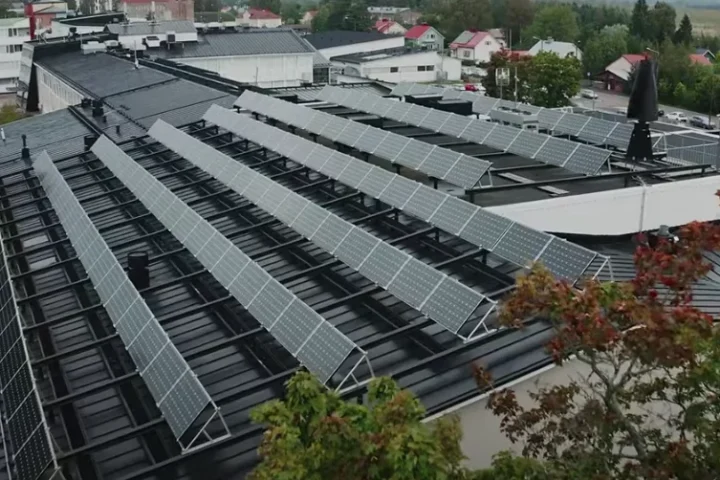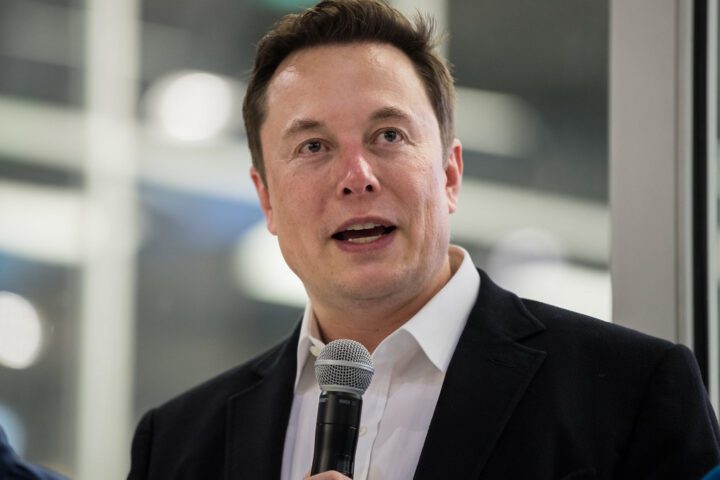A fierce battle among China’s electric vehicle (EV) makers is growing more intense, with industry rivals now openly challenging market leader BYD over both its aggressive price cuts and alleged emissions issues.
The dispute began in 2023 when Great Wall Motor reported BYD to Chinese regulators, claiming that BYD’s two best-selling hybrid models failed to meet emissions standards. This controversy has recently reignited after Geely publicly backed Great Wall’s allegations.
“Wei Jianjun is a genuine, honest person and is our industry’s whistleblower,” said Geely’s vice president Victor Yang at a recent auto conference in Chongqing, referring to Great Wall’s chairman. Yang claimed Geely had conducted its own emissions tests and reached the same conclusions as Great Wall.
Similar Posts
At the heart of the emissions dispute are the non-pressurized fuel tanks used in BYD’s Qin Plus and Song Plus plug-in hybrid vehicles. According to Great Wall, these tanks allow fuel to evaporate more quickly than pressurized ones, potentially violating emissions standards.
BYD’s general manager of branding and public relations, Li Yunfei, defended the company on social media, stating that the tanks “were compliant with the regulatory requirements at the time” but acknowledged that BYD had since changed them due to customer complaints. His post was later removed from the Weibo platform.
For Chinese car buyers, this price war has created a buyer’s market. With BYD cutting its cheapest model to just 55,800 yuan (about $7,771), many families can now afford EVs who couldn’t before. However, this comes with trade-offs – as manufacturers slash prices, some may cut corners on quality or service.
The competition has become so fierce that China’s Ministry of Industry and Information Technology stepped in last week, summoning automakers to a meeting. Car dealers are feeling the squeeze too, struggling with excess inventory dumped on them by desperate manufacturers.

This battle extends beyond China’s borders, affecting global supply chains and international markets as Chinese manufacturers look to export their surplus vehicles. Workers in auto factories face uncertainty as smaller EV makers struggle to survive these harsh market conditions.
While cheaper cars benefit consumers today, the unsustainable price war raises concerns about the future health of China’s EV industry, potentially affecting everything from battery material suppliers to charging infrastructure development.


















